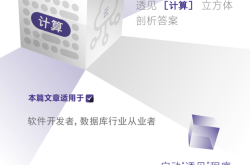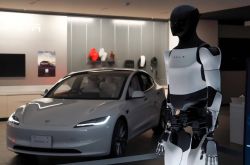Xiaomi SU7 Sales Surge, AITO's Vision S7 Falls Short of Expectations
![]() 01/07 2025
01/07 2025
![]() 540
540
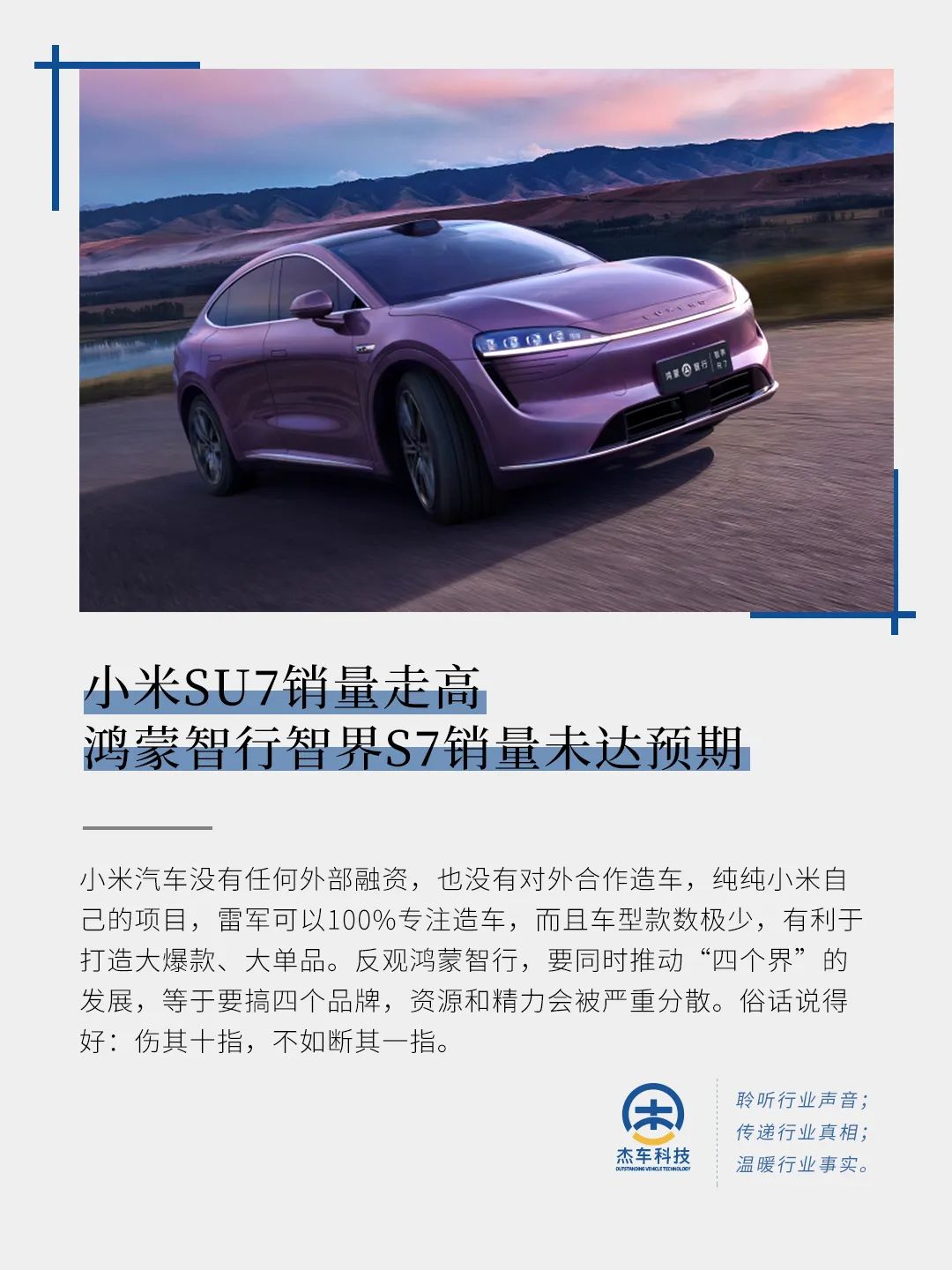
By Li Yue
Produced by Jieche Technology
"Today marks the 100th day since the launch of the AITO Vision R7, and we've exceeded expectations with over 58,000 pre-orders! The Vision R7, with its high aesthetics, spacious interior, range assurance, and intelligent driving features, has become a top choice for many young car buyers. Both the pure electric and extended-range versions are being delivered at full speed. Grab yours now!" On January 5, Yu Chengdong, Executive Director, Chairman of the Terminal BG, Chairman of the Intelligent Automobile Solutions BU, and Director of the Intelligent Terminal and Intelligent Automobile Components IRB, praised the Vision R7's market performance on social media.
The Vision R7's sales figures are indeed impressive, with potential car owners reporting delivery times of 2-3 months, causing some impatience. True to AITO's reputation, following the success of the WENJIE M5, M7, and M9, another SUV product has become a "mega hit" and "top seller". However, Yu Chengdong also has his concerns, particularly regarding the underwhelming performance of AITO's sedans, especially the highly anticipated Vision S7, which sold only 14,506 units from June to November 2024, less than 15% of the 97,968 Xiaomi SU7 units sold during the same period, leaving much room for improvement.

Image Source: Dongchedi
The Vision S7, the first model from the AITO brand, a collaboration between Huawei and Chery, is positioned as a high-performance, spacious, and intelligent sedan. It has been launched three times. The first two launches fell short of sales expectations, with the first affected by production capacity issues, while the second, despite a short-term sales boost, failed to sustain growth momentum, leading to a decline in sales. To improve sales and market competitiveness, the Vision S7 was relaunched on November 26, 2024.
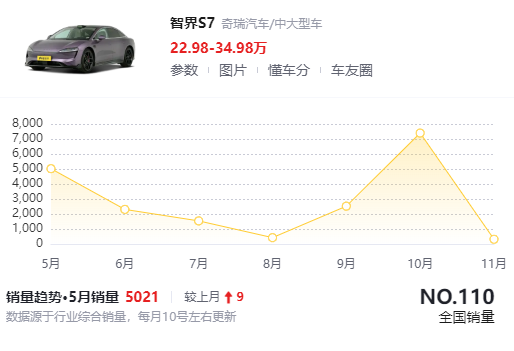
For its third launch, the starting price of the Vision S7 was directly reduced by 20,000 yuan, accompanied by corresponding configuration upgrades. Yu Chengdong, always competitive, clearly aimed for another "resurrection" similar to that of the WENJIE M7. However, deliveries of the Vision S7, which officially began on December 1, 2024, fell far short of expectations in its first month, to the extent that AITO's official posters did not even mention the Vision S7.
So, what were the sales figures for the Vision S7 in December? According to official AITO data, 49,474 new vehicles were delivered across the entire lineup in December, with over 15,000 units of the Vision R7. Based on sales data released by Chery, AITO sold 17,736 units in December, estimating Vision S7 sales at approximately 2,736 units.
Sales of less than 3,000 units in a single month are clearly disappointing, especially when compared to the Xiaomi SU7, which sold over 20,000 units consecutively from October to December and continuously set new monthly delivery records in the same competitive segment.

Yu Chengdong has never truly considered traditional automakers as competitors, but he has always paid close attention to Xiaomi and Lei Jun. Yu Chengdong once said in an interview, "Our partners are actively responding, and we have no choice but to respond as well. In today's era, you can see the powerful traffic generation capabilities brought by Lei Jun and Xiaomi after they entered the industry. This is a capability that traditional automakers simply do not possess. We have fought alongside Lei Jun in the mobile phone industry for over a decade, and we understand his strengths well. Moreover, as the Chairman, CEO, and Founder, Lei Jun personally oversees this, making their traffic generation capabilities extremely strong. Traditional automakers simply cannot compete in this regard; they are not even in the same league, possibly two or three orders of magnitude apart."
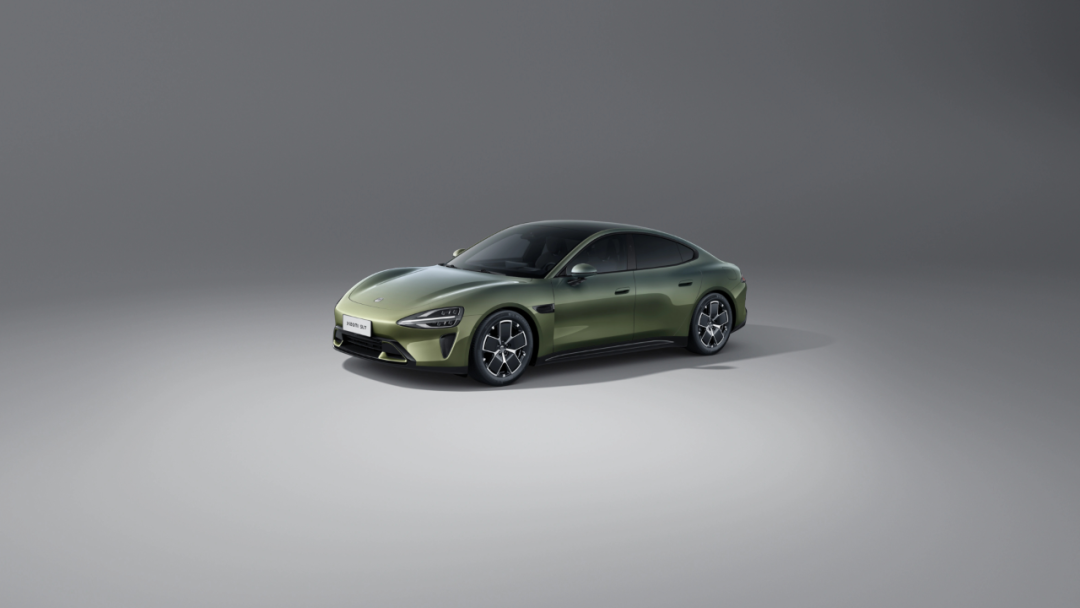
Since Yu Chengdong is well aware of Xiaomi and Lei Jun's capabilities and has applied the most advanced technology to the Vision S7, why has it still failed to compete with the Xiaomi SU7?
AITO's automotive manufacturing technology can be described as robust, so it's not a matter of capability. Yu Chengdong also possesses traffic generation capabilities that are not inferior to Lei Jun's. Therefore, the issue likely lies in focus.
Xiaomi's automotive venture is purely Xiaomi's own project, allowing Lei Jun to focus 100% on car manufacturing. With a minimal number of models, it is conducive to creating megahits and top-selling products. In contrast, AITO needs to simultaneously promote the development of its "four worlds," essentially managing four brands, which significantly disperses its resources and energy. As the saying goes, "It's better to excel in one area than to spread oneself too thin."

Currently, AITO's product matrix exhibits a noticeable polarization, with SUVs being highly successful overall but sedans facing challenges. The Vision S7, which has been launched three times, continues to struggle. Although the Xiangjie S9 has been the sales champion in the pure electric luxury sedan segment for five consecutive months, its average monthly sales of nearly 1,500 units make it difficult to become a true megahit. The Zunjie S800 has not yet started official deliveries, but with a price tag exceeding 1 million yuan, it is destined not to be a high-volume model.
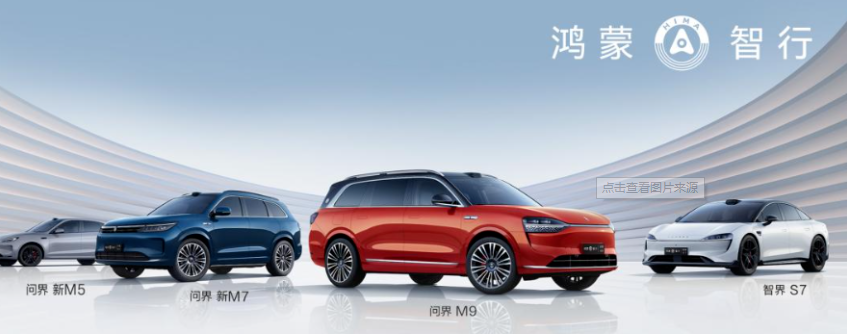
To be honest, AITO still hasn't figured out how to make a successful sedan. While Chinese car buyers have a strong preference for SUVs, the sedan market has a strong foundation. According to data from the China Passenger Car Association, from January to November 2024, retail sales of sedans, SUVs, and MPVs were 9.34 million, 9.96 million, and 0.94 million units, respectively, accounting for approximately 46.1%, 49.2%, and 4.6% of total sales.
It is evident that the sedan market, like the SUV market, is a must-win territory for automakers. There is no reason for AITO not to excel in this market. So, where does the problem lie? Put bluntly, one cannot manufacture sedans with the same mindset as SUVs and cannot prioritize spaciousness over other critical factors.
Take the Vision S7 as an example. Positioned as a high-performance, spacious, and intelligent sedan, it shares the OneBox design with other AITO products. According to official introductions, the advantages of the OneBox design include an integrated body structure that unites the interior and exterior, fluid golden curves that embody both sportiness and elegance, and a reconfigured cabin layout that maximizes passenger space, redefining the new space for intelligent sedans.
Therefore, the Vision S7's success hinges on its class-leading spaciousness. However, to achieve this, the Vision S7 adopts a short front overhang design, making the front end appear too short and lacking in fluidity and sportiness, far less harmonious than the Xiaomi SU7's body proportions. At the same time, the pursuit of spaciousness has compromised certain handling performance, resulting in the Vision S7 not achieving top-tier performance in its class, such as drag coefficient and 0-100 km/h acceleration time, failing to form an absolute competitive advantage.
Of course, sedans do consider space and interior configuration, but compared to SUVs, aesthetics and handling are more critical, as one netizen put it, "If you want a fridge, TV, and a big sofa, go for an SUV; sedans are about handling and aesthetics."






